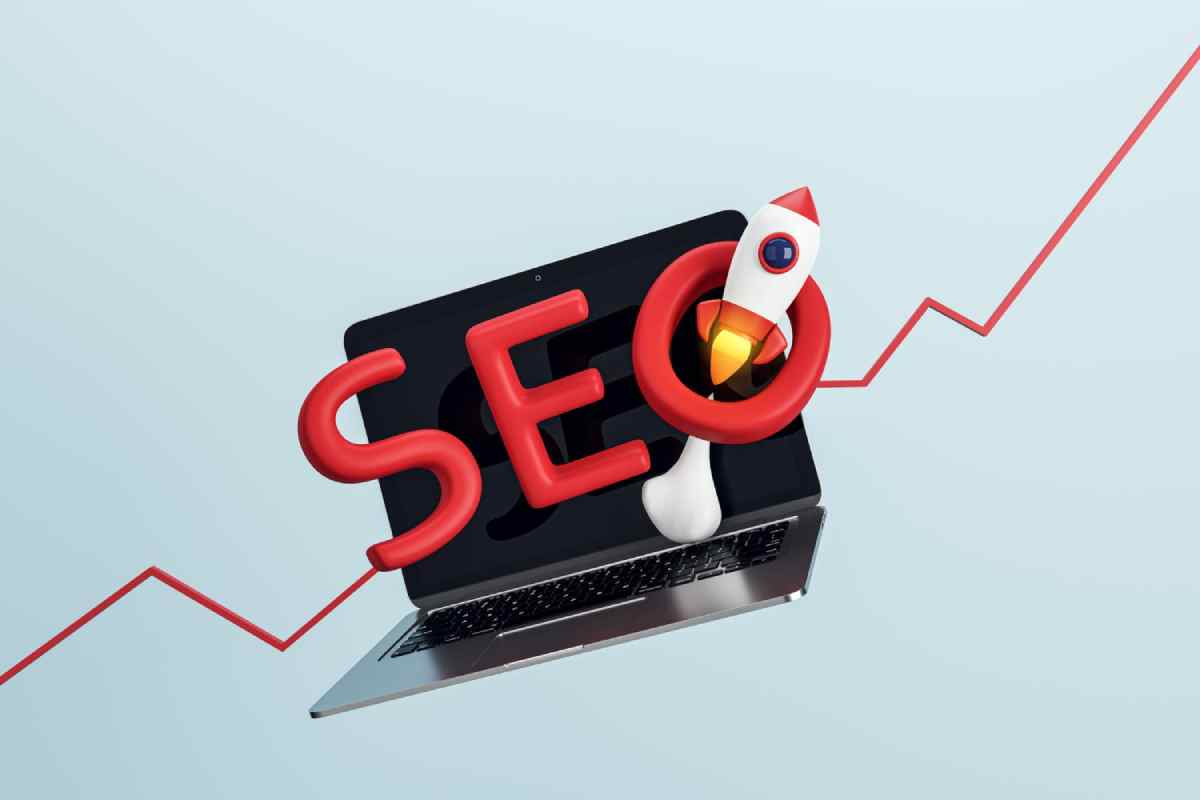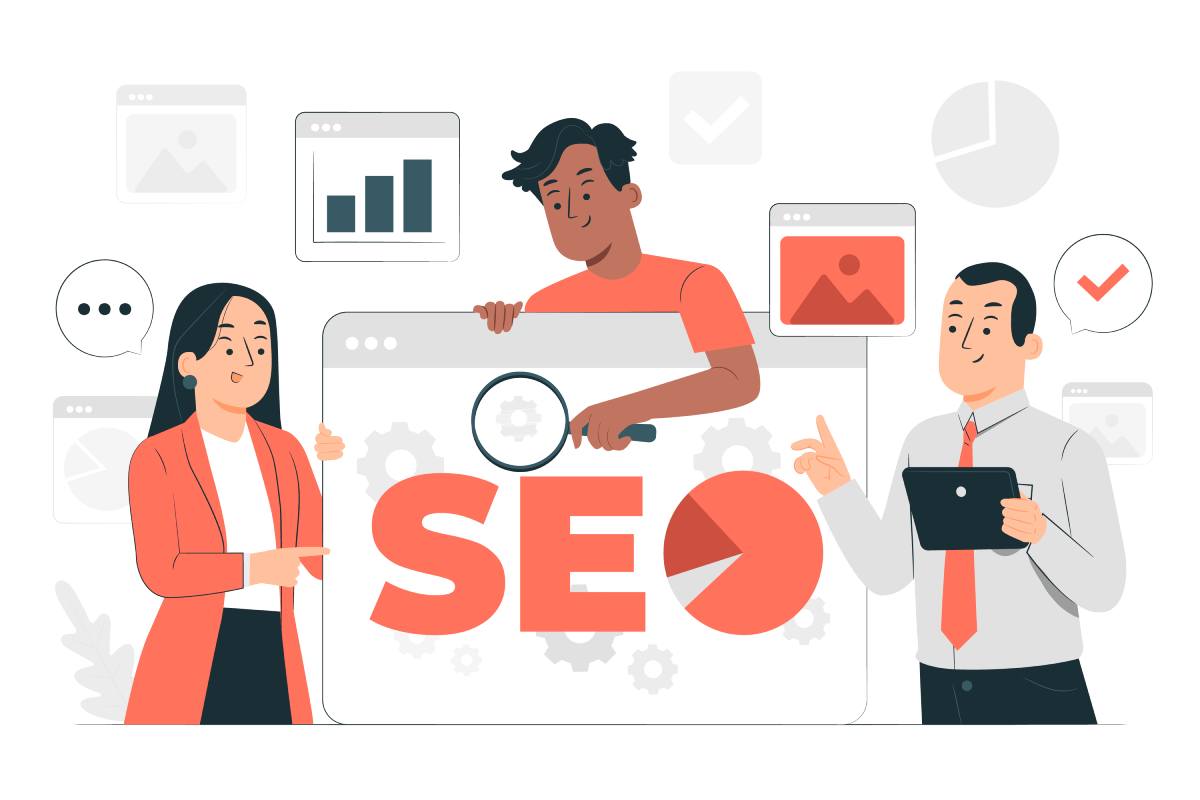When it comes to digital marketing, businesses often debate whether to invest in SEO (Search Engine Optimization) or PPC (Pay-Per-Click) advertising. Both strategies can help drive traffic and increase conversions, but they work in different ways. Understanding the strengths and weaknesses of each approach can help you decide which one is the best fit for your business. In this article, we’ll compare SEO and PPC, exploring their benefits and limitations to help you choose the right digital marketing strategy for your brand.
What is SEO and How Does it Work?
SEO refers to the process of optimizing your website to rank higher in organic search results on search engines like Google. This includes optimizing on-page elements such as keywords, content, and metadata, as well as off-page factors like backlinks and social signals. The goal of SEO is to improve your site’s visibility in search engine results pages (SERPs) and drive organic traffic to your website. Unlike PPC, SEO is a long-term strategy that requires ongoing effort, but the results are typically more sustainable and cost-effective over time.
What is PPC and How Does it Work?
PPC is a paid advertising model where businesses pay each time someone clicks on their ad. These ads typically appear at the top of search engine results, social media platforms, and other websites. With PPC, businesses bid on keywords, and ads are displayed based on the relevance of the keywords and the bid amount. PPC allows you to drive immediate traffic to your site, but it requires ongoing investment to maintain visibility. Unlike SEO, which focuses on organic rankings, PPC gives you more control over your placement and targeting.
Benefits of SEO for Your Business
One of the main benefits of SEO is its long-term cost-effectiveness. While it may take time to see results, the traffic generated through SEO is free, meaning you won’t have to pay for every click. Additionally, once your site ranks well, it can continue to attract organic traffic with minimal effort. SEO also helps improve user experience by focusing on website speed, mobile-friendliness, and content quality. By investing in SEO, businesses can build brand credibility and establish themselves as authoritative sources in their industry.
Benefits of PPC for Your Business
PPC offers immediate visibility and traffic. Unlike SEO, which can take months to yield results, PPC can deliver instant results as soon as your campaign is launched. It allows for precise targeting, enabling you to reach specific audiences based on factors like demographics, location, and interests. PPC also provides valuable data and insights into your audience’s behavior, which can help you optimize your campaigns and improve ROI. For businesses looking to generate quick leads or promote time-sensitive offers, PPC can be a highly effective strategy.
Which Strategy is More Cost-Effective?
When comparing SEO and PPC, cost-effectiveness depends on your business goals, budget, and timeline. SEO tends to be more cost-effective in the long run since it generates organic traffic that doesn’t require ongoing payments. However, it requires a significant upfront investment in time and resources to optimize your website and improve rankings. On the other hand, PPC offers immediate results but can be costly, especially in competitive industries. The cost-per-click (CPC) can vary depending on your chosen keywords and industry. For short-term campaigns or businesses with a larger marketing budget, PPC may be more suitable, but for long-term, sustainable growth, SEO tends to be the better investment.
Which Strategy Offers Better Long-Term Results?
When it comes to long-term results, SEO has the upper hand. Once your website ranks well for your target keywords, the traffic it generates is free and organic, providing consistent visibility without ongoing costs. This makes SEO a valuable strategy for businesses aiming for sustained growth. In contrast, PPC requires continuous investment to maintain visibility. Once you stop paying for ads, your traffic and leads will diminish. Therefore, while PPC can drive immediate results, SEO offers more sustainable, long-term benefits for businesses looking to build lasting authority and traffic.
How to Choose Between SEO and PPC for Your Business
Choosing between SEO and PPC ultimately depends on your business objectives, timeline, and budget. If you’re looking for immediate results and have the budget to invest in ads, PPC may be the right choice. It’s ideal for promoting time-sensitive offers, generating leads quickly, or targeting specific demographics. However, if you’re looking for long-term, cost-effective growth and can invest in optimizing your website, SEO is a better option. In many cases, businesses can benefit from using both strategies together to achieve immediate traffic through PPC while building long-term growth through SEO.
Conclusion
In conclusion, both SEO and PPC are valuable digital marketing strategies, each offering unique benefits. SEO is best suited for businesses that want long-term, sustainable growth with a focus on organic traffic and brand authority. On the other hand, PPC is ideal for businesses that need immediate results, increased visibility, and targeted reach. Depending on your business goals, you can choose to focus on one strategy or combine both for optimal results. By understanding the strengths and limitations of each, you can develop a comprehensive digital marketing strategy that meets your needs.
Frequently Asked Questions
- What is SEO?
- SEO (Search Engine Optimization) is the process of optimizing your website to rank higher in search engine results, increasing organic traffic and visibility.
- What is PPC?
- PPC (Pay-Per-Click) is a paid advertising model where businesses pay each time a user clicks on their ad, usually appearing at the top of search engine results.
- Which is better, SEO or PPC?
- It depends on your business goals. SEO is better for long-term, sustainable growth, while PPC provides immediate results and targeted visibility.
- How much does SEO cost?
- SEO costs vary depending on factors such as competition, keyword difficulty, and the amount of work required. It often requires a long-term investment but can offer high ROI.
- How much does PPC cost?
- PPC costs depend on the competition for keywords, industry, and bid amounts. The cost-per-click (CPC) can vary, and businesses with higher budgets tend to get better placement in ads.
- Can I use SEO and PPC together?
- Yes, using both SEO and PPC together can be highly effective. SEO provides long-term growth, while PPC offers immediate visibility and targeted traffic.
- Which strategy generates better ROI?
- SEO tends to generate a higher ROI in the long term due to its sustainable nature. However, PPC can deliver quick results and targeted traffic with measurable outcomes.
- How long does it take to see results from SEO?
- SEO is a long-term strategy, and it can take anywhere from three to six months to see significant results, depending on the competitiveness of your industry.
- Can I run a PPC campaign without SEO?
- Yes, you can run a PPC campaign independently, but combining it with SEO will provide better overall results and a more holistic marketing approach.
- How do I decide which strategy to choose for my business?
- Consider your business goals, timeline, and budget. If you need immediate results, PPC may be the best option, while SEO is ideal for long-term growth and sustainability.







